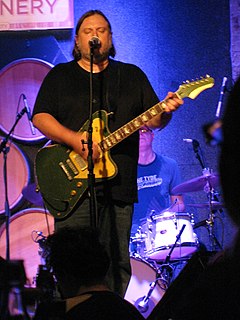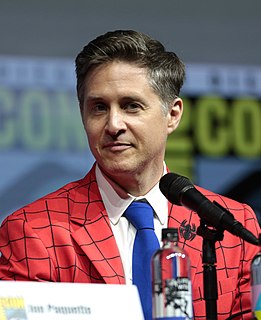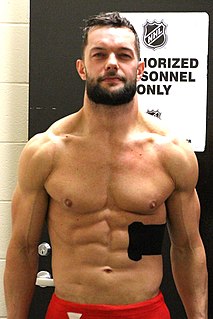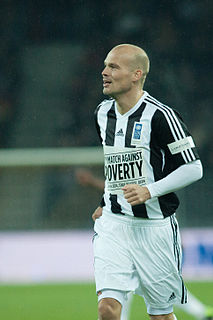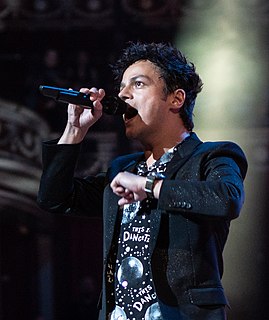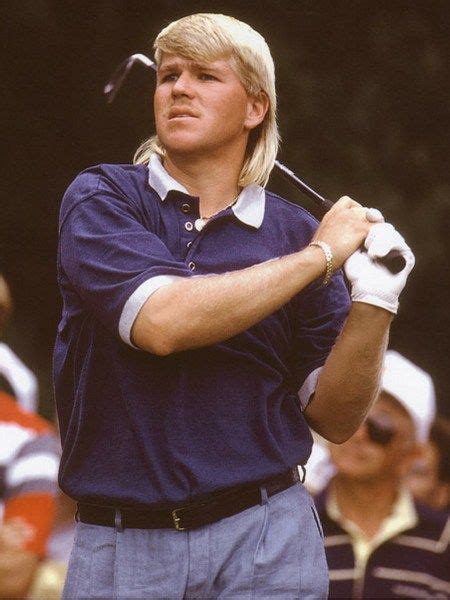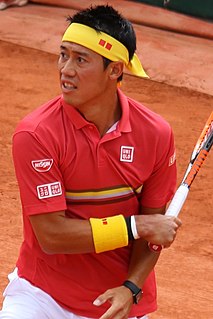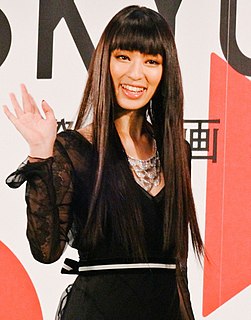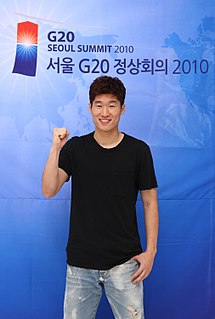A Quote by Matthew Sweet
When I go to Japan and do shows I play for 1,000 to 1,500 people. I like a lot about Japan. Their popular culture and mass commercialization appeals to me.
Related Quotes
When I was a young guy, when I first started with G.E., Jack Welch sent us all to Japan because in those days Japan was gonna crush us. And we learned a lot about Japan when we were there. But over the subsequent 30 years, the Japanese companies all fell behind. And the reason why they fell behind is because they didn't globalize.
I remember my very first encounter with Japan. At that time, I was Deputy Mayor of St Petersburg. Out of nowhere, Japan's Consul General in St Petersburg came to my office and said Japan's Ministry of Foreign Affairs wanted to invite me to Japan. I was very surprised because I had nothing to do with Japan except being a judoka. This was an opportunity to visit Tokyo and a couple of other cities. And, you know, a capital is a capital everywhere: there is the official script and certain protocol. It is always easier to talk in the provinces, the conversation is more natural.
